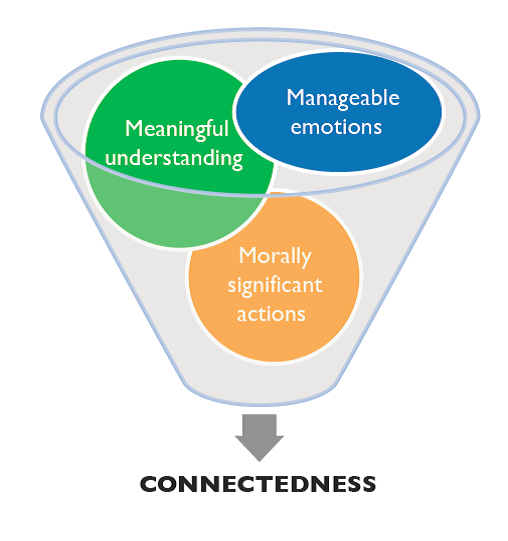Ten years I saw the millennium out at midnight on top of Parliament Hill in north London, looking forward to a new job at Channel 4 News and enjoying the return to my home city London after eight years in Oxford. I would never have guessed how my life and my industry would have changed since then.
I lived and worked through the upheavals of 1989 which I still think are of greater historical weight than 9/11 and the War on Terror. But there is no doubting that the economic and climatic shocks of this past decade have been seismic. And this has all co-incided with the biggest set of changes in the way that humans communicate since the invention of mass printing.
But let’s narrow the focus down a little to the change in the last 12 months. I am not going to list all the key moments in journalism, let along world affairs. Instead, just a brief attempt to sum up a sense I have about how thinking around journalism has shifted in the last year or so.
I don’t really believe in tipping points, but there has been a change in the tenor of the debate about the future of the news media in the last 12-24 months. When I founded Polis nearly four years ago the argument was whether the Internet was a ‘good’ thing or not. Bloggers were compared with ‘real’ journalists. The assumption was that somehow the digital technologies could be put back in the bottle.
Now we all know that this stuff is not only here to stay, but likely to continue changing the way that we mediate our world. To use a dreadfully snobbish geek phrase, everyone ‘gets it’. In the States there are still remnants of a strange theological divide between oldish and newish media. But as I have travelled through Asia, Africa and the Middle East this year I see people getting on with using rather than abusing or lauding the new technologies. Around the globe there are still more places where journalism is flourishing than fading.
As a trustee of Article 19 I am more than conscious that everywhere the news media is under threat from political (and economic) restrictions. In some places the quality of journalism and its freedoms are in retreat. But overall, significantly aided by new media technologies, we are increasingly able to report our world more directly and fully than before. We’re getting networked.
“But let’s be realistic”, is what I hear whereever I go. And as a journalist who trades in facts and the unvarnished truth I agree that we should apply that maxim to our own business. It is certainly a brutal time for newsrooms in the US and Europe that have enjoyed a golden period through the 90s and for much of this decade too. But I detect a determination to meet the challenges with some clearer thinking.
Firstly, we all understand again that resources are what determine editorial results. Digital technologies can be wonderfully efficient but you still get what you pay for. Are we prepared to invest in good online journalism? Unless we add value, why should we expect the public to pay? Forget how we used to do it, what is going to work?
Secondly, any digital dreams about democracy have turned to practical endeavour to make government more open. Obama’s data.gov is just the biggest example. But the test will be what we do with greater transparency. If the citizen is going to value e-democracy than the media is going to have to be more accountable and participatory, too.
Polis will be trying to tackle those two tough questions with our research and events next year. We kick off on January 12th with Evgeny Morozov and on June 11th we have a major conference on Journalism and Public Value.
Please get involved and don’t hesitate to contact me to find out more.
I hope you have a great 2010 and another exciting decade.




A clear and clear-eyed assessment, Charlie. Best of luck in 2010. Let me know if you make it to D.C.